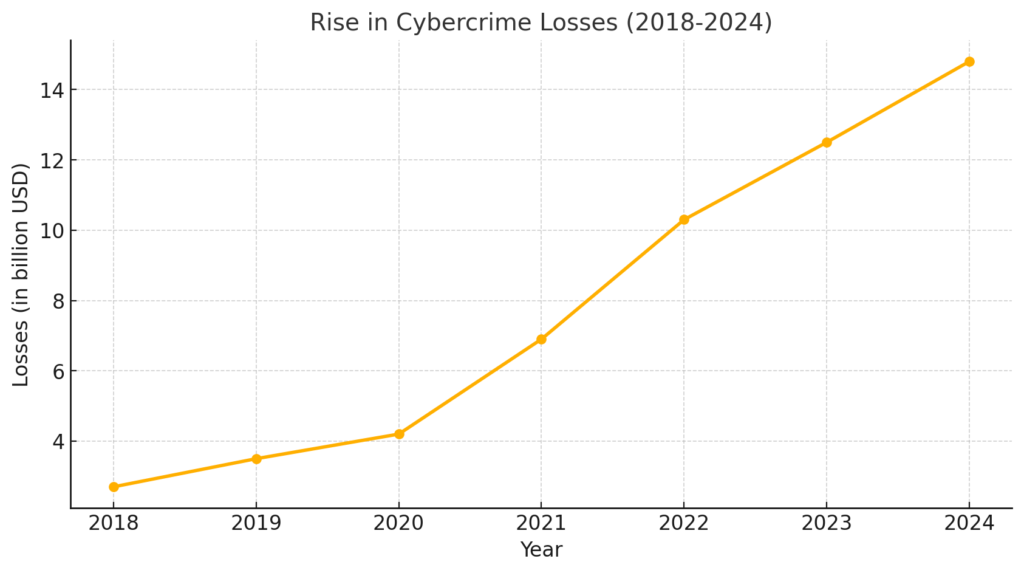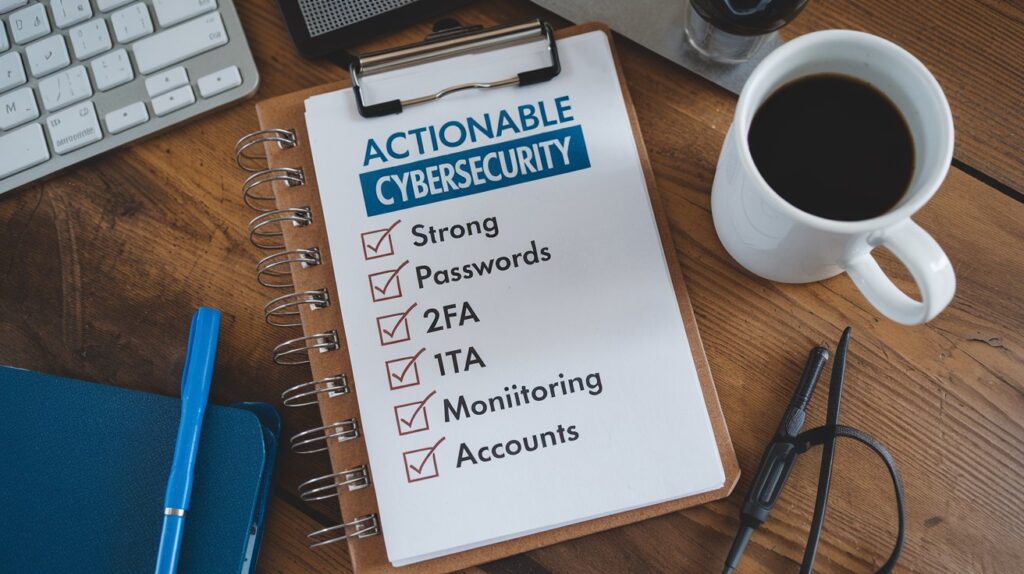Why Cybersecurity Should Be Part of Your Financial Planning
In today’s digital age, cybersecurity is no longer just an IT concern—it’s a critical component of financial planning. With the rise of online banking, digital investments, and e-commerce, protecting your financial assets from cyber threats has become as important as managing your budget or saving for retirement. This article explores why cybersecurity should be integrated into your financial strategy, how it impacts your financial health, and actionable steps to safeguard your wealth in an increasingly connected world.
Table of Contents
The Growing Importance of Cybersecurity in Financial Planning
As more financial transactions move online, the risk of cyberattacks has skyrocketed. According to a report by the FBI’s Internet Crime Complaint Center (IC3), losses from cybercrime exceeded $10 billion in 2022, with phishing, ransomware, and identity theft being the top threats. For individuals, a single data breach can lead to drained bank accounts, stolen identities, and ruined credit scores—all of which can derail your financial goals.

Integrating cybersecurity into financial planning ensures that your hard-earned money is protected from digital threats. This means not only investing in robust security software but also adopting safe online practices, such as using strong passwords, enabling two-factor authentication, and regularly monitoring your financial accounts.
How Cybersecurity Impacts Your Financial Health
- Protecting Your Assets: Cyberattacks can wipe out your savings, investments, and even retirement funds. By prioritizing cybersecurity, you reduce the risk of financial loss.
- Maintaining Creditworthiness: Identity theft can damage your credit score, making it harder to secure loans or mortgages. Proactive cybersecurity measures can prevent such scenarios.
- Ensuring Business Continuity: For entrepreneurs and business owners, a cyberattack can disrupt operations and lead to significant financial losses. Cybersecurity is essential for safeguarding your business’s financial future.
Actionable Steps to Strengthen Your Financial Cybersecurity

- Use Strong, Unique Passwords: Avoid using the same password across multiple accounts. Consider using a password manager to generate and store complex passwords.
- Enable Two-Factor Authentication (2FA): Adding an extra layer of security can prevent unauthorized access to your accounts.
- Monitor Your Accounts Regularly: Check your bank and investment accounts frequently for any suspicious activity.
- Invest in Cybersecurity Tools: Use antivirus software, firewalls, and VPNs to protect your devices and data.
- Stay Informed: Keep up with the latest cybersecurity trends and threats to stay one step ahead of cybercriminals.
Why Financial Advisors Are Emphasizing Cybersecurity
Financial advisors are increasingly recommending cybersecurity as part of a comprehensive financial plan. According to a study by PwC, 69% of financial advisors believe that cybersecurity is a critical concern for their clients. By addressing cybersecurity risks, you not only protect your wealth but also gain peace of mind, knowing that your financial future is secure.
Conclusion
Incorporating cybersecurity into your financial planning is no longer optional—it’s a necessity. By taking proactive steps to protect your digital assets, you can safeguard your financial future and achieve your long-term goals with confidence. Stay informed, stay secure, and make cybersecurity a priority in your financial strategy today. [TechGeniuxio.com]








